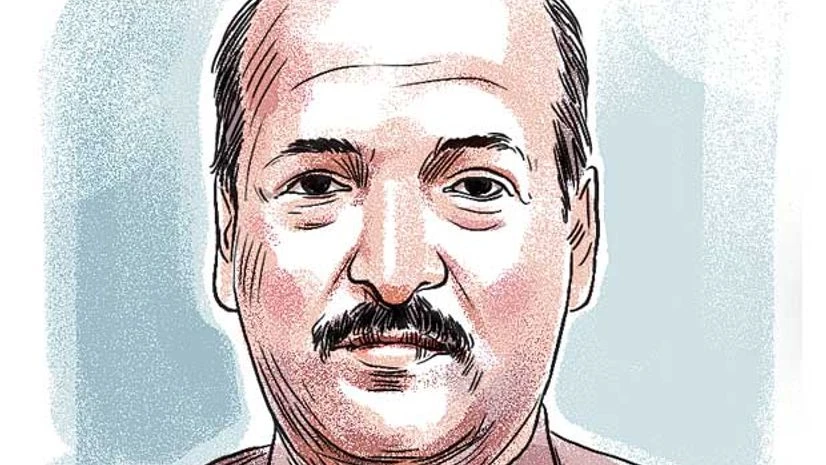The government's move to privatise two state-owned lenders presents an exciting opportunity for investors looking to get into the business, former RBI Deputy Governor N S Vishwanathan on Thursday said.
What is good for the country will have to be looked at while deciding on the entity, which will be granted a license, he said while speaking at an event of industry lobby IMC Chamber of Commerce and Industry.
Replying to suggestions asking for entry of corporates and concerns over ownership and voting caps, Vishwanathan said world over, including the developed countries, there are restrictions on who is allowed to start a bank, which deals with people's deposits.
On the point of corporates having the capital to plough into an entity, he said a real economy entity will also be affected by stress in the broader economy and we ought to defend against the stress from other businesses seeping into a bank.
The government's thought process of privatising a couple of public sector banks provides an excitable opportunity in that space, Vishwanathan, who used to handle the all-important banking regulation and supervision functions at the central bank, said.
Vishwanathan said while the Insolvency and Bankruptcy Code (IBC) did well in the initial days, concerns are coming out over the recovery ratios lately and stressed that the same needs to be addressed. The remarks came in the light of the resolution in the Videocon case, where lenders have been offered only 5 per cent recovery.
Abizer Diwanji of consultancy firm EY said defaults are bound to happen in the banking business, but one has to deal with them upfront rather than taking 5-7 years to deal with it.
More From This Section
The delay in resolving the stress can erode value, which can be realised, he said, adding that the assets that are yielding very low-resolution percentages could fetch upwards of 50 per cent if the resolution attempts were made earlier.
Vishwanathan said we will first have to resolve whether to allow corporates or not before deliberating on whether those having NBFCs should be given the opportunity to run a bank.
Warburg Pincus' Narendra Ostawal said private equity firms like his will be interested in investing in the bank privatisation process and see it as a huge opportunity.
The core issue here is regulatory. What is the extent of economic ownership and governance control an owner would get through the privatisation process? I think that will drive the success, he said.
The PEs need degrees of freedom in terms of governance and commensurate ownership like getting new management, he said, adding more fractured ownership you have, the tougher it is to build consensus around the turnaround.
Vishwanathan said all over the world, banks have a dispersed holding structure and added that the promoter is required to have a certain level of ownership as well.
(Only the headline and picture of this report may have been reworked by the Business Standard staff; the rest of the content is auto-generated from a syndicated feed.)

)
